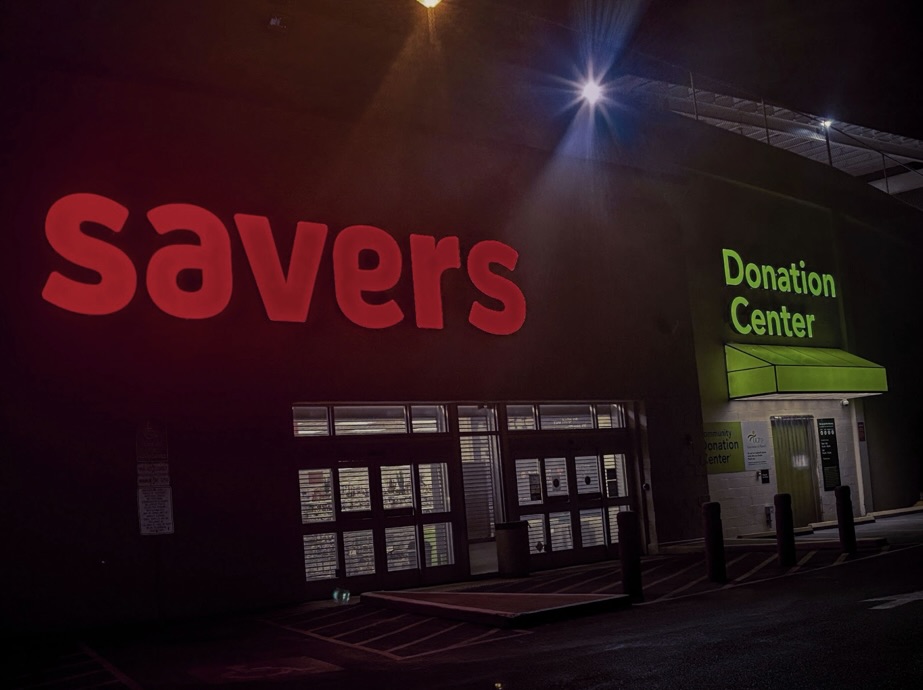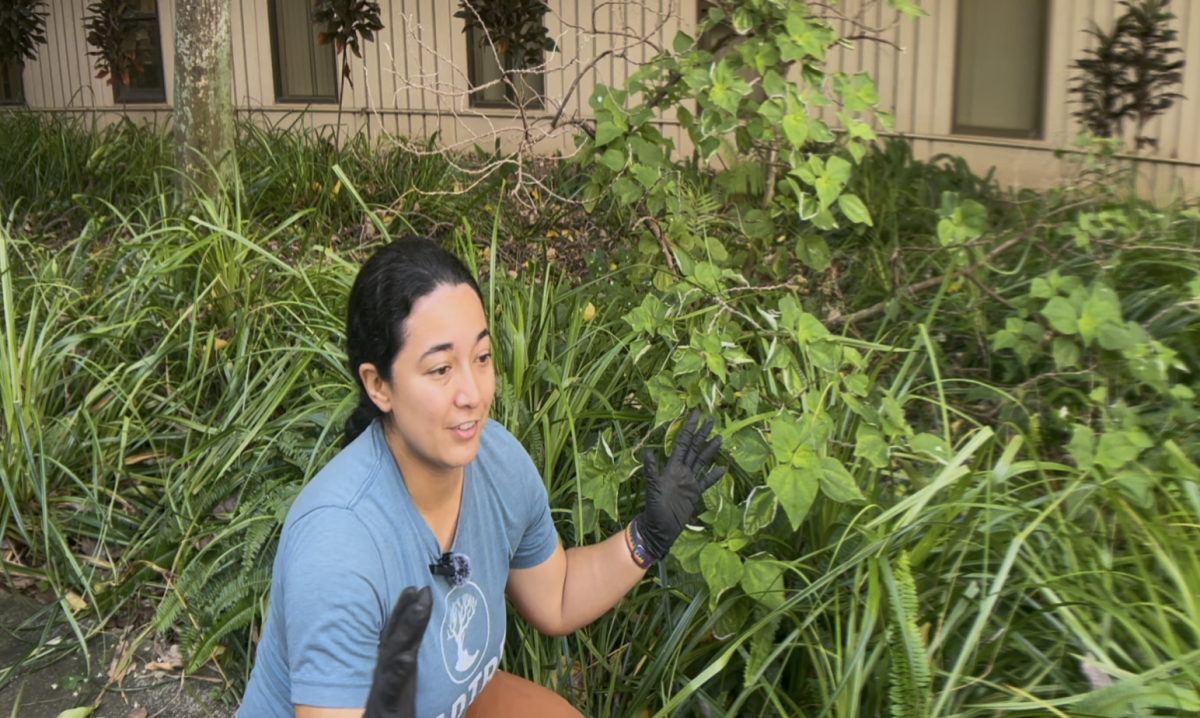Gen Z has come up with a new side hustle to make passive income during this economic recession: thrifting and reselling. The thrifting trend has made a comeback, and is making waves not only economically, but ecologically too.
“I like doing my part to help save the environment, so I sell on Depop,” said thrifter Lucca McCormic. “It also is like a form of passive income for me, since I already go thrifting.”
In December 2024, the household disposable income dropped to 3.8%, leaving little room for overconsumption. Reusing clothes or passing them to multiple owners impacts supply and demand, creating a more circular economy and less fast fashion.
“Less demand means potentially less revenue, and potentially some job losses in some sectors,” said Dr. Peter Fuleky, economics professor and UHERO research economist. “Those individuals in those sectors might spend less and essentially create less demand.”
Although the trend is good for thrifters, clothing production could take a hit as a consequence. Financial issues are a key contributor to the change, but environmental awareness also plays a key part in the impacts of thrifting.
“They (Gen Z) are coming up with financial constraints,” said UH fashion department professor Dr. John Souza, Jr., who points to other factors that play into the trend for Gen Z shoppers. “They’re more aware of the effects of globalization, climate change, tariff wars, and literal wars.”
The average American throws away 81.5 pounds of clothing each year to landfills, meaning about 11.3 million tons of clothes annually end up out of the cycle. Thrifted clothes stay in the cycle, seeing multiple owners. Thrifters also are much more likely to donate clothing rather than throw it away, which helps reduce textile waste in landfills.
“I like being able to give back, so I donate to Savers,” said shopper Rhyn Chambers. “It’s keeping clothes in the cycle versus a landfill somewhere.”
Like any fashion trend, thrifting has come and gone in the past, but rising concerns about the economy and environment could mean it is more than a fad this time around.








